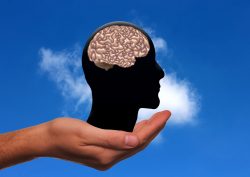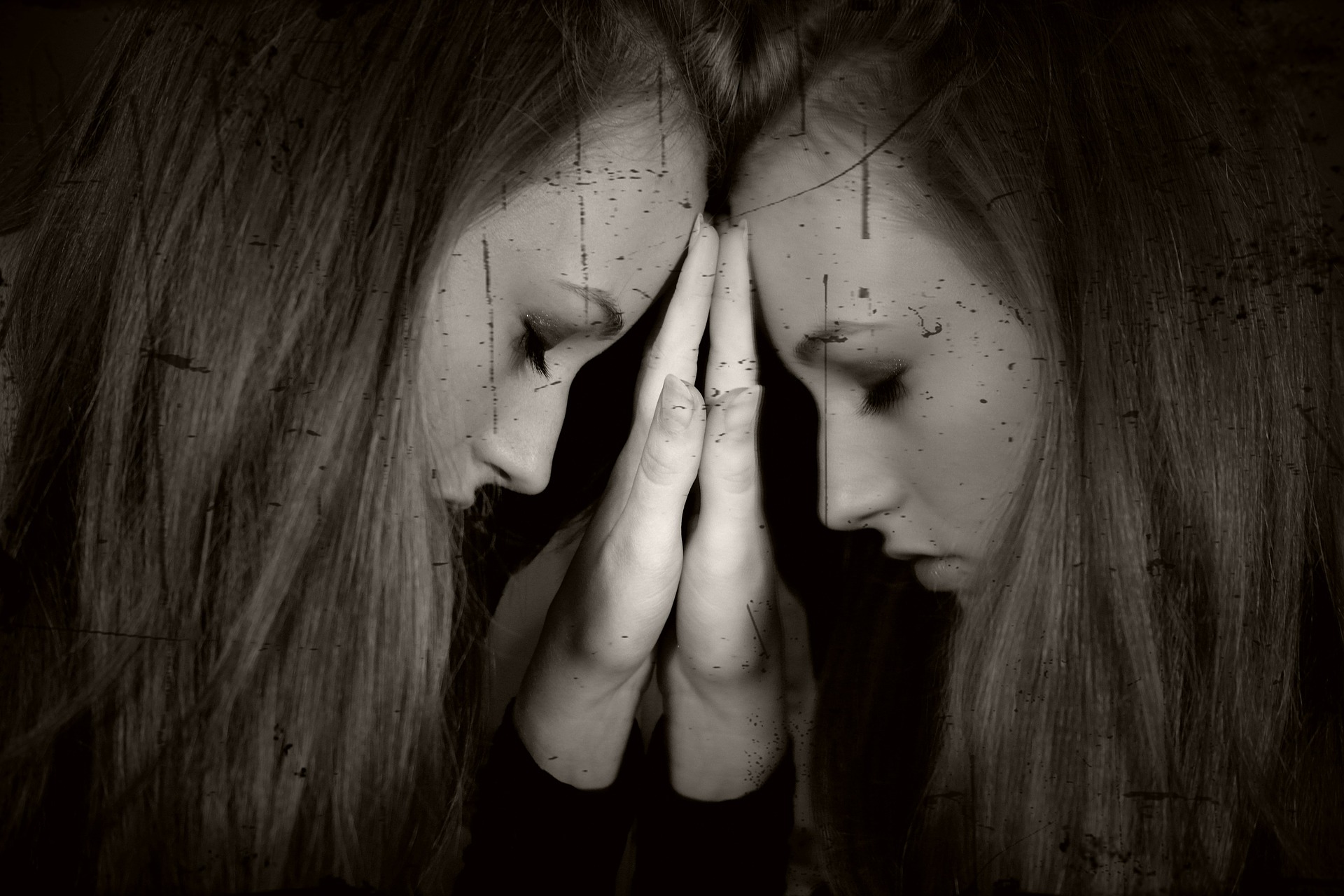Is Addiction a Mental Disorder that Can Be Cured?
Addiction’s classification as a mental disorder encompasses a range of harmful effects that all work to drive compulsive drug-using behavior. Months or years of chronic drug abuse affects the brain, first and foremost, which ultimately changes a person’s behaviors.
From there, the negative social consequences that result trap a person inside a vicious cycle where the drug “high” becomes his or her only means for escape. In effect, the question “ is addiction a mental disorder that can be cured” is no; however, like other types of mental disorder, it can be managed with proper treatment.
Understanding how addiction works can be a good first step towards confronting its effects in your life and getting needed treatment help. Please feel free to call our toll-free helpline at 888-647-0051 (Who Answers?) if you have more questions or need help finding a treatment program.
How Is Addiction a Mental Disorder?
The Underlying “Disease” Component

An addiction, like any other disease, can’t simply be cured.
The underlying disease component that drives addiction accounts for much of the reason why the answer to “is addiction a mental disorder that can cured” is no. According to the National Institutes of Health, the damaging effects of drugs (and alcohol) reconfigure the brain’s neural pathways to such an extent that it can no longer function normally without the effects of drugs.
Drug abuse has a particularly damaging effect on the brain’s reward circuitry, which ultimately dictates a person’s psychological makeup in terms of his or her morals, priorities and motivations. Once this area of the brain is affected, addiction has become a full-blown mental disorder.
Behavioral Component
The behavioral component of addiction drives the compulsive drug-using behaviors that most characterize an addiction problem. These behaviors develop out of the damage done to the brain’s reward system. According to the National Institute on Drug Abuse, the effects of this damage redefine a person’s needs and desires to the point where getting and using drugs takes on top priority in his or her life.
The effects of chronic drug abuse also impair the areas of the brain that regulate impulse control so a person really has little to no control over drug-seeking and drug-using behaviors. So the question, is addiction a mental disorder that can be cured ultimately boils down to “working around” the damaging effects of drug abuse.
Curing vs. Managing Addiction
According to the University of Pennsylvania Health System, addiction works in much the same way as diabetes in terms of it’s chronic or recurring nature. As there is no cure for diabetes, treatment entails managing the symptoms of the disorder.
Likewise, the high potential for relapse that recovering addicts battle every day is a symptom of addiction that requires ongoing treatment. Once a person reaches a point where he or she can manage drug cravings and replace addiction-based thinking with healthy coping skills, treatment becomes more a matter of staying engaged with the recovery process.
While there may be no cure for addiction, treatment does work. If you’re considering getting help for a drug problem and have questions about available treatment options, please don’t hesitate to call our toll-free helpline at 888-647-0051 (Who Answers?) to speak with one of our addiction specialists.






